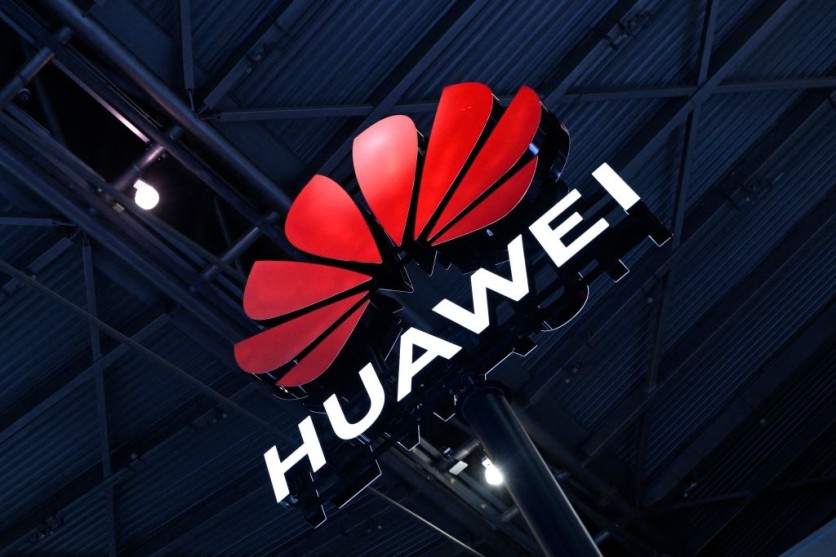A recent teardown of Huawei's latest laptop, the Qingyun L540, has unveiled a 5-nanometer chip sourced from Taiwan Semiconductor Manufacturing Co. (TSMC), the South China Morning Post reports.
This revelation contradicts prior speculations and showcases Huawei's resilient pursuit of cutting-edge technology despite the challenges posed by US sanctions.

Huawei's 5-nm Laptop Chip is Made in Taiwan
The Qingyun L540, a flagship offering from Huawei, was dissected by research firm TechInsights, revealing a 5-nm chip from TSMC manufactured in 2020.
This comes at a crucial juncture when US sanctions severed Huawei's access to TSMC, raising questions about the Chinese tech giant's ability to secure advanced chips.
The earlier release of a Huawei smartphone featuring a 7-nm processor from Shanghai-based SMIC had fueled discussions about China's technological advancements and the effectiveness of imposed sanctions.
Huawei's move to TSMC's 5-nm chip defies expectations of reliance on its Chinese partner, Semiconductor Manufacturing International Corp (SMIC).
Huawei Defies US Tech Sanctions
SCMP tells us that the Kirin 9006C processor found in the L540, fabricated via TSMC's 5-nm method in the third quarter of 2020, signifies a technological leap for Huawei. Before US sanctions intervened, TSMC had supplied Huawei with chips as advanced as 5-nm.
The circumstances surrounding how Huawei secured a three-year-old processor remain unclear, but it aligns with the company's proactive approach of stockpiling vital semiconductors since the initiation of US restrictions.
This development raises questions about Huawei's strategies to bypass sanctions and underscores the company's significant investments in chip research and stockpiling. Despite being on the US Entity List since 2019, TSMC only halted orders from Huawei in 2020 to comply with heightened US trade restrictions.
The significance of Huawei's defiance against technological constraints is magnified by its recent success with the Mate 60 smartphone series in 2023.
These smartphones, equipped with a 7-nm processor from SMIC, solidified Huawei's role as a torchbearer for Chinese tech independence. The Mate 60 series resonated with Chinese consumers and propelled Huawei back into the symbolic realm of a $100 billion revenue threshold, challenging the dominance of Apple's iPhone.
What's Next?
As Huawei charts its course into 5-nm territory, the L540 laptop signifies a bold stride towards the most advanced processes currently used, predominantly centered around 3-nm nodes.
Huawei's endeavors coincide with a broader Chinese call to replace foreign technology in sensitive environments, marking a paradigm shift from iPhones to laptops manufactured by domestic champions.
The L540's purported compliance with stringent data security requirements in China adds a layer of significance to its significance. Online retailers have touted the laptop's design as tailored for data security across sensitive government organs, aligning with Beijing's push to replace foreign technology.
Stay posted here at Tech Times.

ⓒ 2025 TECHTIMES.com All rights reserved. Do not reproduce without permission.




